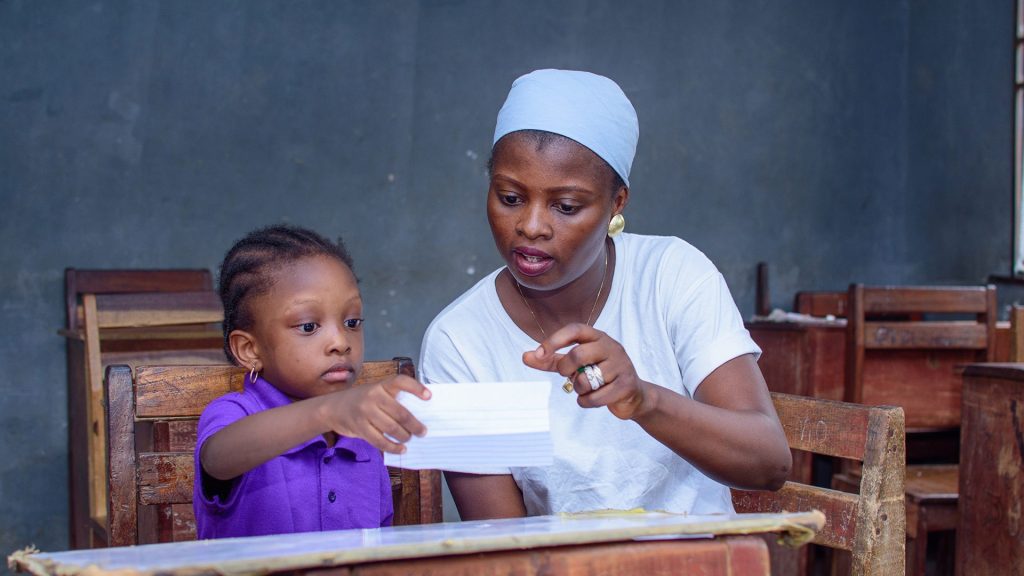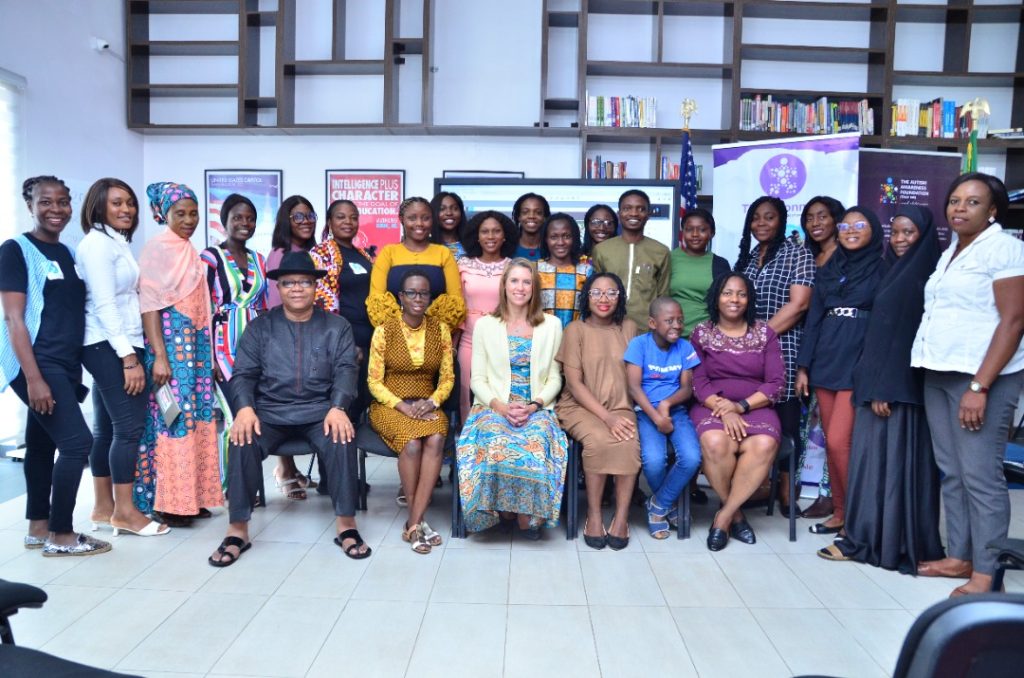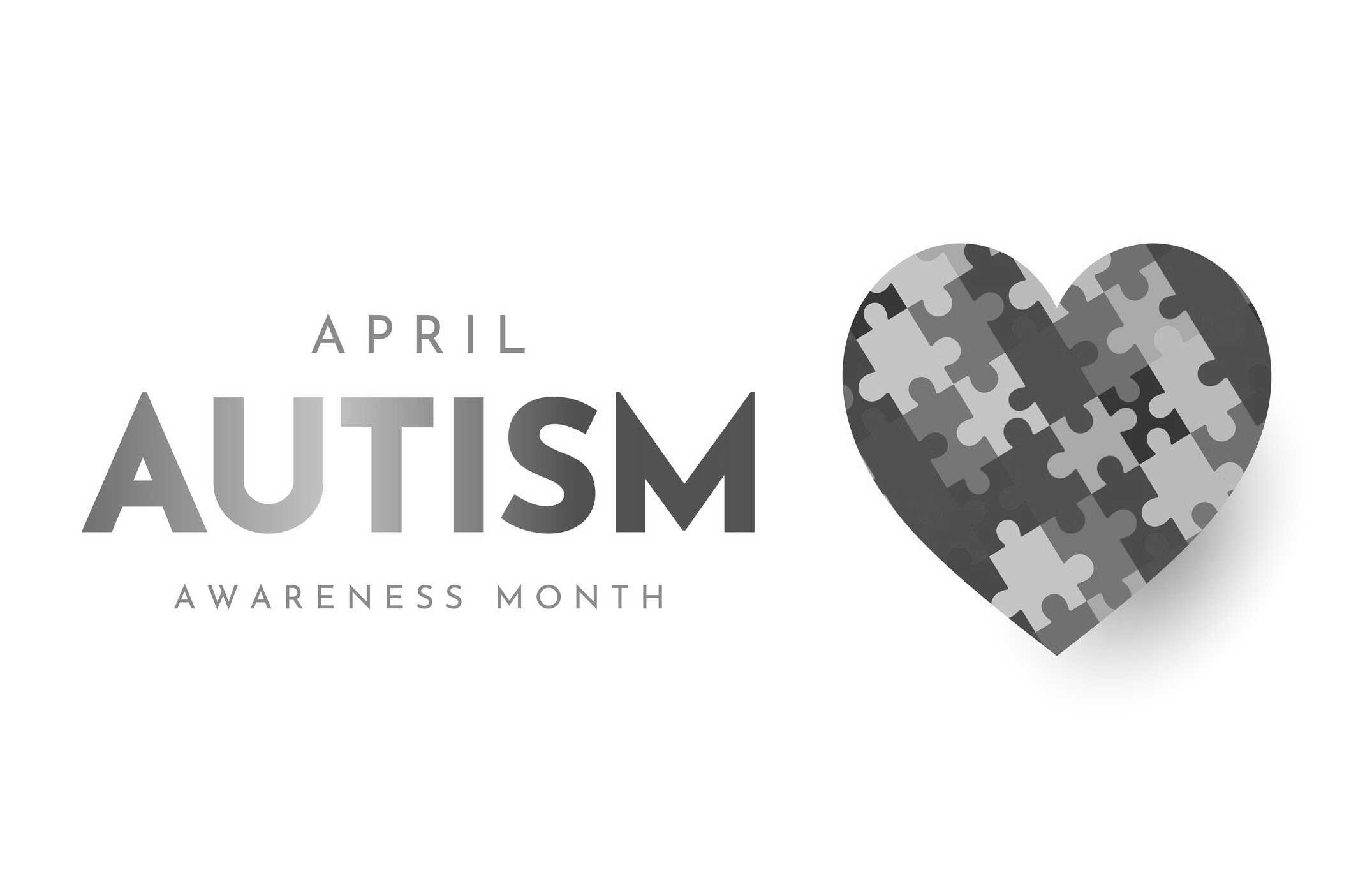Autism Spectrum Disorder (ASD) is a complex developmental condition that affects individuals in various ways. As we observe Autism Awareness Month, it’s crucial to shed light on what autism is and how families, particularly in Nigeria, can support children living with this condition.
Firstly, it’s essential to understand that autism manifests differently in each individual. Some children may struggle with social interactions, communication, or repetitive behaviors, while others may have unique strengths and talents. Recognizing and embracing these differences is key to fostering acceptance and inclusion within our communities.
For parents of children with autism in Nigeria, navigating the challenges can be overwhelming. However, several strategies can help create a supportive environment at home:
Education and Awareness: Understanding autism is the first step towards providing effective support. Parents can educate themselves about the condition through reputable sources, workshops, and support groups. By increasing awareness, they can also help debunk myths and reduce the stigma surrounding autism in Nigerian society.

Early Intervention: Early diagnosis and intervention are crucial for children with autism. Parents should seek professional assessment and support as soon as they notice developmental differences or concerns. Early intervention programs, including speech therapy, occupational therapy, and behavioral interventions, can significantly improve outcomes for children with autism.
Communication: Communication may pose challenges for children with autism, but there are various strategies that parents can use to facilitate communication. This includes using visual aids, such as picture schedules and communication boards, and incorporating the child’s interests into interactions to enhance engagement.
Sensory Support: Many children with autism experience sensory sensitivities or preferences. Parents can create a sensory-friendly environment at home by minimizing noise, providing comfortable spaces for relaxation, and offering sensory tools like fidget toys or weighted blankets.

Advocacy and Support Networks: Building a support network is essential for parents of children with autism. Connecting with other families facing similar challenges can provide valuable emotional support, practical advice, and advocacy opportunities. In Nigeria, organizations such as the Autism Parents Association of Nigeria (APAN) offer resources and community-based support for families.
Celebrate Strengths: Every child, regardless of their abilities, has unique strengths and talents. Parents should celebrate their child’s achievements and interests, fostering a sense of pride and self-confidence.
In conclusion, raising awareness about autism and providing support for children and families is essential for building an inclusive society in Nigeria. By embracing diversity and advocating for the rights of individuals with autism, we can create a more accepting and inclusive future for all.
